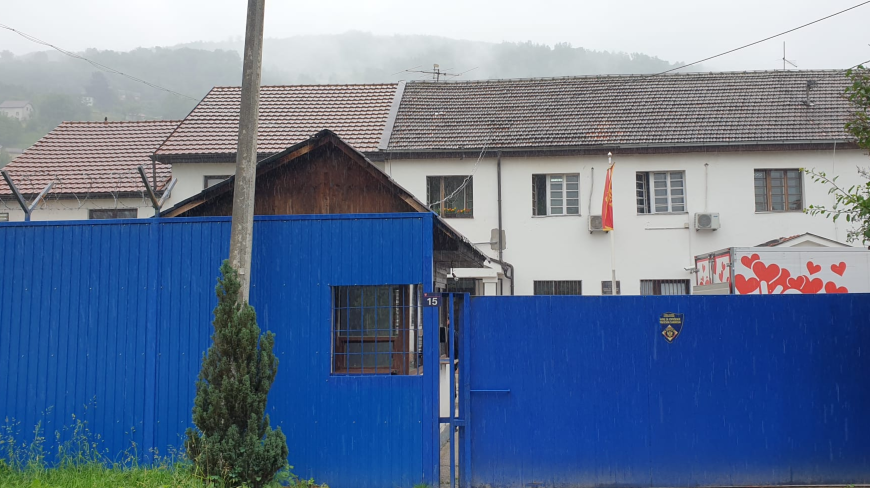The report highlights that a considerable number of allegations of serious physical ill-treatment of detained persons by police officers were received by the CPT’s delegation. These included allegations against officers from the Sector for the Fight against Organised Crime and Corruption, Special Units, criminal police and inspectors from a variety of different police stations located in several parts of the country. The allegations included slaps, punches and kicks to the head, abdomen, chest and arms and the use of falaka (strikes to the soles of feet), the grabbing and squeezing of suspects’ genitals, electro-shocks with dog collars along with inducing a sensation of asphyxiation through placing a plastic bag over the head of the suspect, threats at gun-point, threats of rape, and the stripping of suspects, tying them to a chair and dousing them with cold water. In addition, the delegation also heard of threats made against the children or other family members of the suspect to pressure them to make a confession or to impart certain pieces of information. In the Committee’s view, these alleged actions may well amount to torture.
Most of the alleged torture and/or ill-treatment occurred during the pre-investigation phase of criminal proceedings, apparently for the purpose of extracting information or a confession. In many (but by no means all) instances, these allegations concerned persons who had been summoned to police premises to give an initial statement or information, but who were not yet formally designated as a suspect. They had been summoned for “Informative Talks” with the police. Safeguards surrounding such talks must be strengthened.
The CPT makes a series of recommendations to address this phenomenon and calls upon the Minister of the Interior, the Director of Police and regional police directors to actively promote a culture change within the ranks of the law enforcement agencies. Further, police officers should be encouraged to report all cases of violence by colleagues through clear reporting lines to a distinct authority outside of the police unit concerned. Also, a robust legal framework for the protection of individuals who disclose information on ill-treatment and other malpractice should be put in place.
In addition, it is essential that effective investigations into allegations of ill-treatment are undertaken to demonstrate that criminal acts by the police will be punished. The current culture of police impunity must be ended. The report outlines in a series of recommendations measures to improve accountability and oversight mechanisms and the adequacy of sanctions.
The CPT found that persons detained in the Remand Prison of Spuž Facility and the remand section of Bijelo Polje Prison were held for long periods in poor conditions and with a lack of any purposeful regime. The situation was exacerbated by the fact that pre-trial detainees are locked in their cells for 23 hours a day for months (and even years) on end, with numerous judicially imposed restrictions throughout the pre-trial period. The cumulative effects of this situation for persons held on remand, notably at Spuž Remand Prison, together with a reduced frequency of contact with the outside world may well, in the Committee’s view, amount to inhuman and degrading treatment. The Montenegrin authorities should devise and implement a comprehensive regime of out-of-cell activities for remand prisoners, among other measures to remedy the situation.
In their response, the Montenegrin authorities refer to various measures, including ongoing investigations and some convictions of police officers concerning the specific cases highlighted by the CPT. Further, it references training programmes for police officers and notes the increased use of body-worn video cameras by police officers and the improved means of identifying officers and the equipment they use during interventions. It also outlines measures underway to strengthen safeguards against ill-treatment. In addition, the response refers to the improvements made to the material conditions of the prisons visited and further plans for the construction of the new "Mojkovac Prison”.
The report and response have been made public at the request of the Montenegrin authorities.




